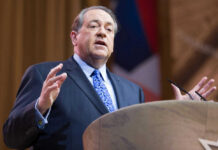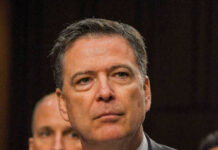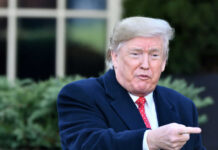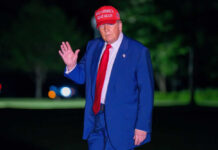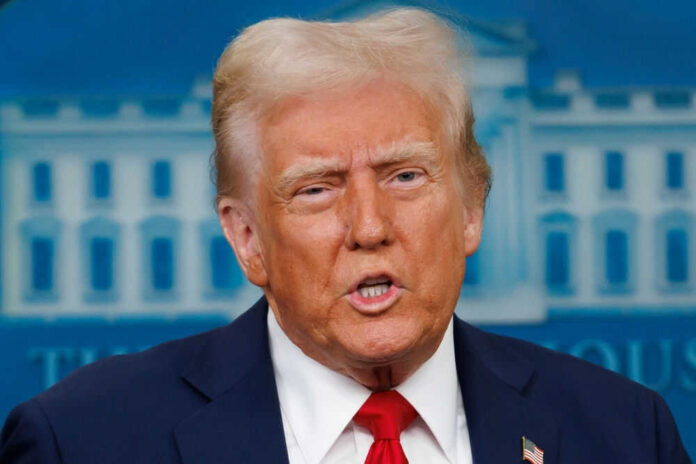
(RightWingJournal.com) – When even President Trump criticizes the Pentagon for restricting journalists, you know something unprecedented is happening.
Story Snapshot
- New Pentagon restrictions on journalists have sparked widespread backlash.
- Criticism comes from media, advocacy groups, and President Trump himself.
- The restrictions are seen as a threat to transparency and press freedom.
- The move has united critics across the political spectrum.
Pentagon’s Tightened Grip on Media Access
In early 2020, the Pentagon began tightening media access under the guise of operational security. By August, these measures became formalized, limiting journalists’ access to senior officials and reducing background briefings. The policy shift represented a stark change from the Pentagon’s historical balance between security and transparency. Critics argue that the restrictions undermine the public’s right to know about defense and military affairs, raising concerns about unchecked government power.
Journalists and press advocates have voiced their opposition, highlighting the potential dangers of such unprecedented media limitations. They argue that the restrictions not only stifle press freedom but also hinder accountability by keeping the public in the dark about military operations. The policy has been described as a significant threat to Pentagon transparency, with fears that it could set a concerning precedent for future administrations.
Trump’s Unexpected Opposition
In a surprising twist, President Donald Trump, known for his contentious relationship with the media, publicly criticized the Pentagon’s restrictions. Trump stated, “I want transparency. The American people deserve to know what’s happening with their military.” His comments brought an unusual alignment between the President and press freedom advocates, underscoring the severity of the Pentagon’s measures. This rare moment of agreement highlighted the bipartisan disapproval of the restrictions.
The President’s stance suggests that the Pentagon’s actions may have crossed a line, even by his standards. Trump’s criticism implies that the restrictions could damage public trust and transparency, crucial values in a democratic society. His comments have fueled ongoing debates about the balance between national security and the free flow of information.
Widespread Backlash and Calls for Reversal
The backlash against the Pentagon’s media restrictions has been swift and vocal. Media organizations and advocacy groups have issued joint statements demanding a reversal of the policy. They argue that such measures threaten democracy and accountability by limiting journalists’ ability to report accurately on defense matters. The restrictions have raised alarms not just domestically but also among international press freedom organizations.
Despite this outcry, the Pentagon has maintained most of the restrictions, citing temporary security needs. However, they have indicated a willingness to review the policies, possibly in response to public and political pressure. The ongoing debate highlights the challenges of balancing security concerns with the public’s right to information.
Implications for Press Freedom and Transparency
The Pentagon’s restrictions have significant implications for press freedom and government transparency. In the short term, they have reduced transparency and increased tension between the press and the Pentagon. In the long term, these measures could set a troubling precedent for future administrations, potentially leading to a chilling effect on investigative journalism.
The restrictions have sparked concerns about the erosion of public trust and accountability. Without reliable information, the public discourse suffers, and political polarization increases. The episode serves as a cautionary tale for government agencies considering similar measures, emphasizing the need for a delicate balance between security and transparency.
Copyright 2025, rightwingjournal.com


